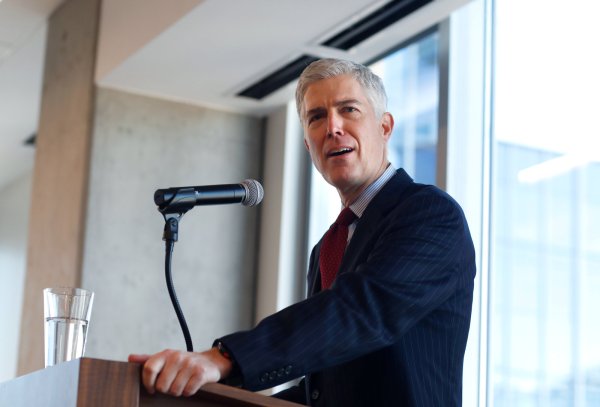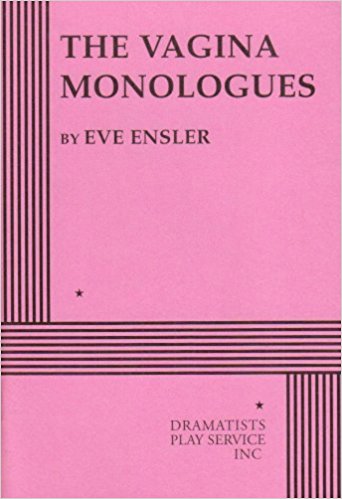By Mackenzie Farkus
Staff Writer
President Donald J. Trump announced Judge Neil Gorsuch as his Supreme Court nominee on Jan. 31. If confirmed, Gorsuch will be taking the seat of the late Supreme Court Justice Antonin Scalia, a conservative justice who died in Texas last February.

Gorsuch was appointed to the United States Court of Appeals for the Tenth Circuit by former President George W. Bush in 2006. He is a graduate of Columbia, Harvard, and Oxford, where he was a Marshall Scholar. Gorsuch also clerked for Supreme Court justices Byron White and Anthony Kennedy.
Gorsuch is known to be a conservative judge, an advocate of a broad definition of religious freedom, and an opponent of assisted suicide and euthanasia. Gorsuch is also a proponent of originalism, the idea that judges should interpret the words of the Constitution as they were understood at the time in which they were written.
Whether or not a showdown in the Senate will occur between Democrats and Republicans during Gorsuch’s Senate confirmation hearings remains to be seen.
President Barack Obama’s Supreme Court pick for Justice Scalia’s seat was the liberal Judge Merrick Garland, but a number of Republicans refused to hold a hearing for him, stating that the next president should be the one to nominate the next Supreme Court justice.
Quite a few Democrats are considering the same treatment for Gorsuch. If the majority of Democrats do end up filibustering against Gorsuch, President Trump announced that he would like Senate Majority Leader Mitch McConnell of Kentucky to “go nuclear.”
President Trump was referring to the Senate’s Nuclear Option that eliminates the rule that mandates that Supreme Court justices are confirmed with 60 votes. McConnell, however, does not believe that the Nuclear Option will be necessary to confirm Gorsuch.
“I haven’t said what will happen at that point,” McConnell told journalist Jake Tapper on his CNN show “The State of the Union” on Sunday. “I’m confident that we will get 60 votes.”














